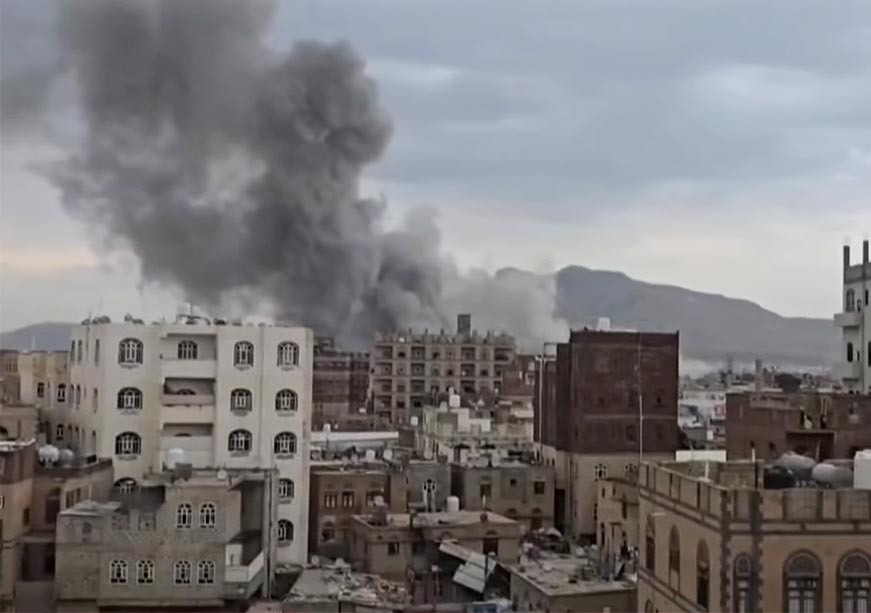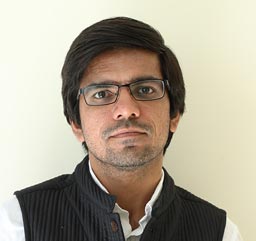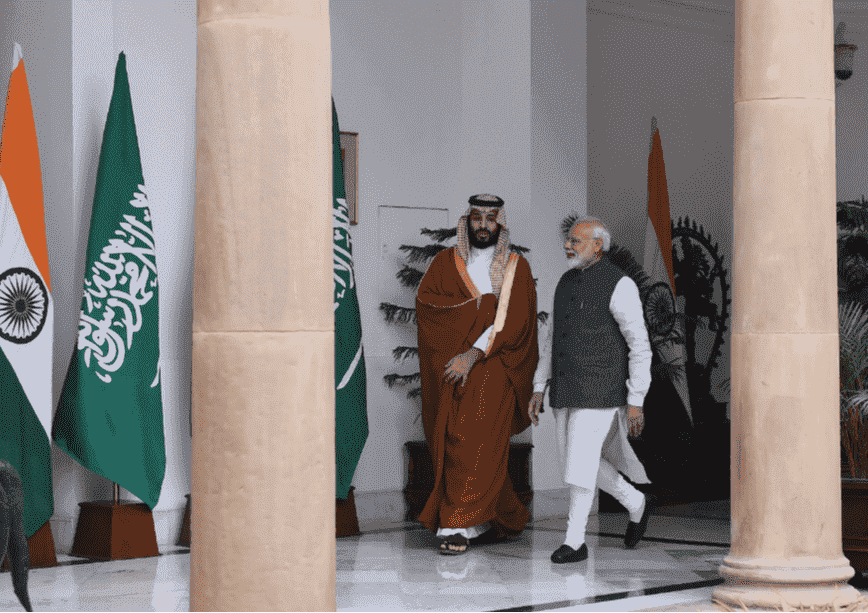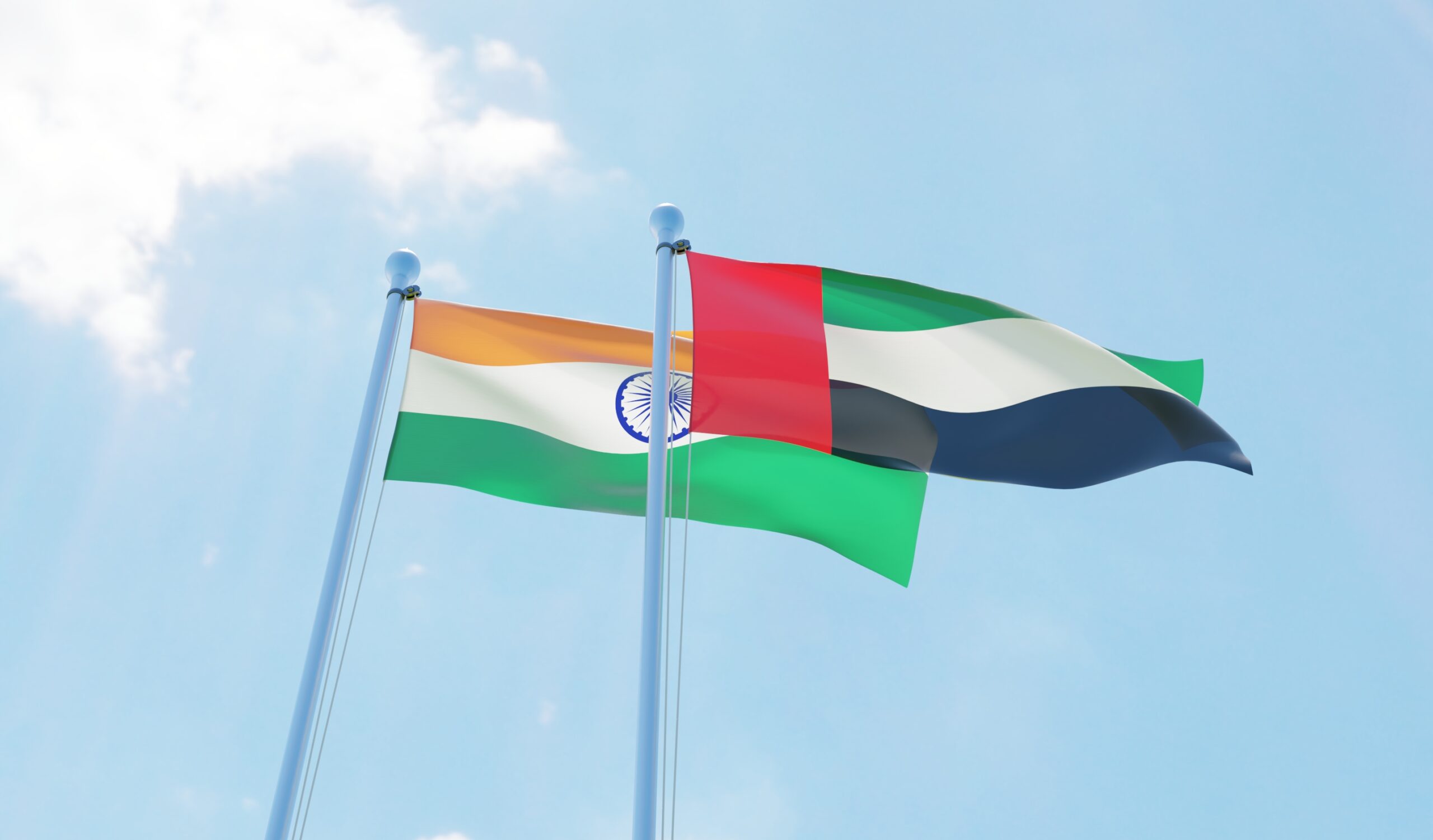By targeting Doha, Israel has not only unsettled Qatar’s mediation role but also reignited debates over Gulf unity, Arab neutrality, and the future of US security guarantees.
An Israeli air strike against an office in Qatar’s capital Doha, targeting a meeting organised by the political leadership of Hamas, has brought the spillover of the October 7 terror attack into downtown Arab capitals. Qatar, which has hosted Hamas’s political office since 2012, heeding then US President Barack Obama’s request (one backed by Israel, as per Qatar’s prime minister), has positioned itself as a mediator of regional political crevasses. In 2024, Qatar pondered permanently closing down the Hamas office and ceasing its own mediation efforts following a lack of movement from all parties involved and the public narrative turning against it for becoming a conduit for extremist groups such as Hamas and the Taliban.
The intended target, Hamas’s leadership, was not hit. Instead, the strike on the small island state’s capital, Doha — which is vying to take on the likes of Dubai as the centre of Arab power, culture, economy, and money — has pushed a bigger wedge into the already tense relationship between Israel and its Gulf neighbours. While most Gulf states are not averse to the idea of Hamas being demolished and alternative political outcomes redefining Palestinian politics, specifically in Gaza, a global galvanisation against Israeli military actions is taking shape. This has complicated the neutrality that Arab powers were attempting following the signing of two critical political agreements: first, the 2020 Abraham Accords, and second, the 2023 normalisation between Saudi Arabia and Iran facilitated by China.
While most Gulf states are not averse to the idea of Hamas being demolished and alternative political outcomes redefining Palestinian politics, specifically in Gaza, a global galvanisation against Israeli military actions is taking shape. This has complicated the neutrality that Arab powers were attempting
However, the Venn diagram of strategies driving Israeli actions and the expected response from Gulf states is an even more complicated one. Qatar has hosted the Hamas political office since 2012. The Qatari Prime Minister, Mohammed bin Abdulrahman bin Jassim Al Thani, during a hurriedly arranged trip to Washington D.C. following the Israeli strike, explicitly stated in an interview that the push to open such a facility in Doha came from both the US and Israel alike. A report suggesting that Israel’s intelligence agency, the Mossad, reneged on an on-ground operation utilising agents in an effort to preserve its own outreach to the Qatari establishment adds some merit to Al Thani’s claim. Earlier this year, a scandal had also erupted when two aides of Israeli Prime Minister Benjamin Netanyahu were arrested for allegedly being on the payroll to promote Qatari interests in the Jewish state. Both countries have no official diplomatic ties.
The complications mentioned above represent fundamental crevasses on two core fronts. The first is Israel’s declared military aim of eradicating Hamas, and the second is its simultaneous attempt to negotiate a truce with the militant group aimed at freeing the remaining Israeli hostages and recovering the bodies of those who have died in captivity since October 2023. In essence, both these strategic aims are in direct conflict. Israel’s push to use hard power to browbeat Hamas into submission, leading to the release of the hostages, has been two years in the making without the desired results. Hamas itself is looking to hold out as long as it can, despite incurring immense losses and damage, showing no inclination to loosen its chokehold on Gaza or to acknowledge the civilian casualties that Palestinians are incurring.
The regional spillover, however, is getting heated. Qatar, which received across-the-board support within the Gulf Cooperation Council (GCC), convened a meeting in Doha to strategise a joint response against Israel. This included participation by the leadership of Iran, a state which itself launched missiles against US military facilities in Qatar only a few months ago, as the “12-day war” unfolded.
The US unwillingness to come to the aid of its Arab partners against Israel has reignited the debate on American security guarantees.
Qatar has explicitly pushed others, such as the United Arab Emirates (UAE), to review their diplomatic normalisation with Israel as part of the Abraham Accords. Saudi Arabia — which, along with the UAE, imposed an economic blockade on Doha between 2017 and 2021 for what Riyadh viewed as Qatar’s unwillingness to align with their regional geopolitical positions — has now declared that all its resources are at Qatar’s disposal against Israel. Only four years ago, Abu Dhabi and Riyadh had demanded that Qatar curb its support for the Muslim Brotherhood and for political Islam more broadly across the region. This was also the lens through which both countries perceived Qatar’s backing of the Brotherhood and groups such as Hamas.
Israel’s actions have managed to propel it into perhaps another undesired position: that of the premier and uncontested military power in the region, specifically when it comes to air superiority. Scholar Sanam Vakil has gone as far as to assess that Israel has replaced Iran as the biggest security threat to Gulf states. By melding cyber operations, electronic warfare, satellite intelligence and other means into its air campaigns, Israel has arguably demonstrated that no target across the region is beyond its reach. Of course, deep human intelligence built over the years by Mossad also delivered flawlessly. The US unwillingness to come to the aid of its Arab partners against Israel has reignited the debate on American security guarantees. The 2019 drone attacks against Saudi oil facilities were the last major red flag for Arab powers about Washington’s unwillingness to militarily deploy for their aid. The Israeli strike against Hamas inside Qatar has reopened that Pandora’s box, as President Donald Trump remains unwilling to challenge Israel’s actions.
While Doha itself may not push Abu Dhabi to opt out of the Abraham Accords, an Israeli decision to annex the West Bank could break the camel’s back.
Finally, the path forward for regional cooperation is more muddled than ever before. It is further exacerbated not only by Israel–Arab tensions, but by Israel’s preference to prioritise military victory over political management. Doha’s wish for a stringent response will also test the often-fractious resilience of pan-Arab unity, specifically that of Saudi Arabia and the UAE. Qatar has already signalled to the UAE that it ought to review its diplomatic normalisation with Israel. While Doha itself may not push Abu Dhabi to opt out of the Abraham Accords, an Israeli decision to annex the West Bank could break the camel’s back. This is further magnified by an increasing disquiet on the Arab street over Gaza, and now Qatar, along with the gap between the policies Arab monarchies are pursuing and what their populations are consuming on social media and are prioritising in public discourse instead.
This article originally appeared at Observer Research Foundation.











